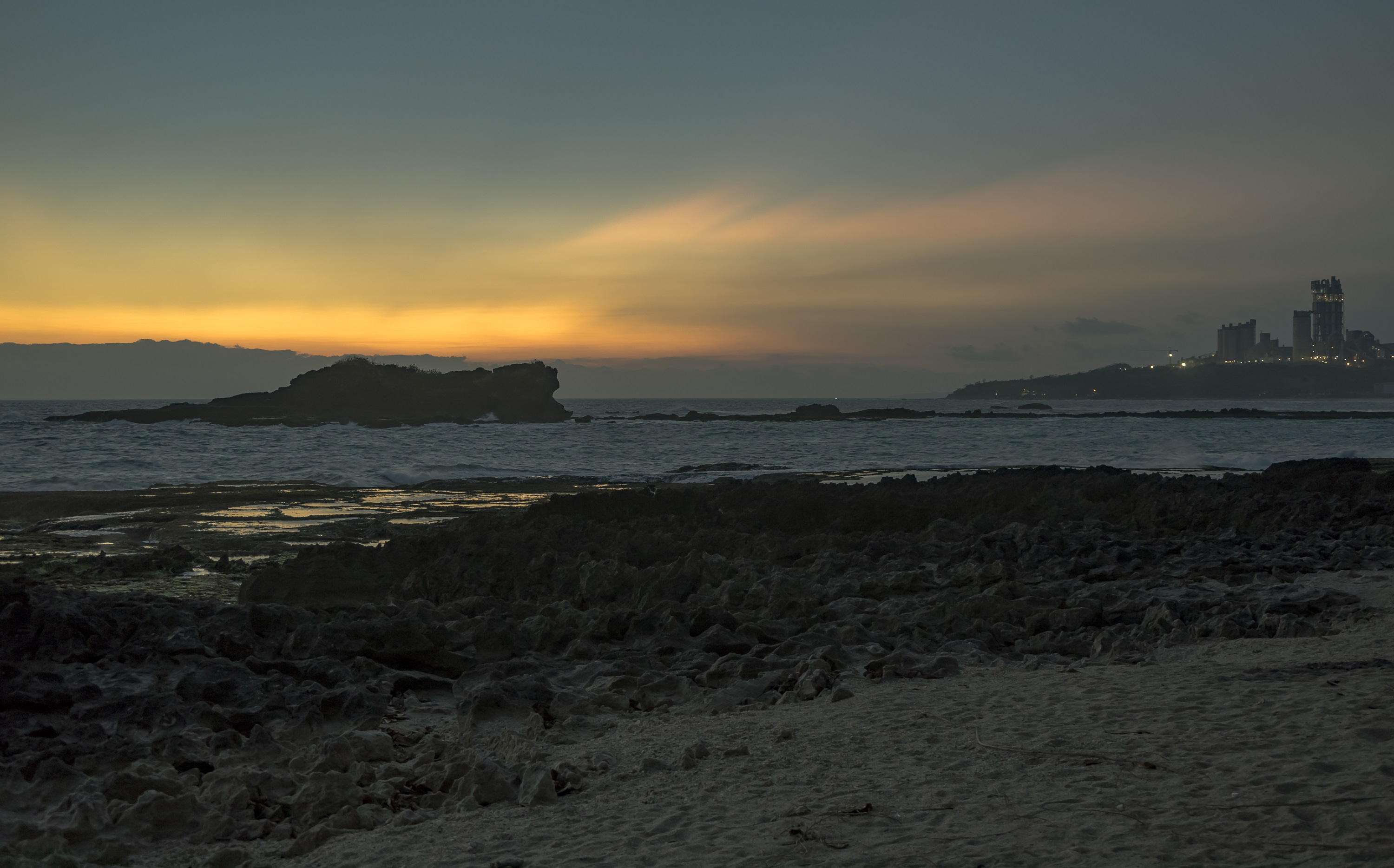
The Semen Grobogan cement plant has a capacity of 1.8 million tonnes of clinker and 2.5 million tonnes of cement, with limestone reserves lasting more than 50 years. The parties have agreed not to disclose the purchase price.
Dr Dominik von Achten, Chairman of the Managing Board of Heidelberg Materials, says: "As part of our ongoing portfolio optimisation, we are making an exciting step in the growth market of Indonesia. Heidelberg Materials has been active in Indonesia for more than 20 years. With this investment, we are now strengthening our presence in one of the most populated regions in Indonesia, where we expect further market growth driven by the growing retail market, developing industrial areas, and major infrastructure projects. As frontrunners of decarbonisation in Emerging Markets, we continue to drive our ambitious carbon reduction targets at all our sites in Indonesia including the new cement plant."

Indonesia is the world's fourth most populated country. With about 41 million people, Central Java is Indonesia's third most populated area and has a strong retail cement market. Important infrastructure projects classified as national strategic projects are planned in this area, such as the Solo-Yogyakarta, Yogja-Bawen and Semarang-Demak toll road, the Batang industrial area and the Kendal Special Economic Zone.
The investment in Semen Grobogan will enable Heidelberg Materials to leverage significant synergies with its existing businesses in Indonesia regarding logistics, usage of alternative fuels, and transfer of technical and sustainability know-how.
As part of the company's global climate strategy, the new plant will develop a tailored CO2 roadmap with concrete measures to accelerate the reduction of carbon emissions. Furthermore, the plant's limestone reserves complement the existing reserves of Indocement in Central Java. Through its subsidiary Indocement, Heidelberg Materials already operates four cement plant complexes with 14 lines in Indonesia, including the Citeureup plant in West Java, which is one of the world's largest cement plants, and the recent Maros plant under leased arrangement in South Sulawesi.














